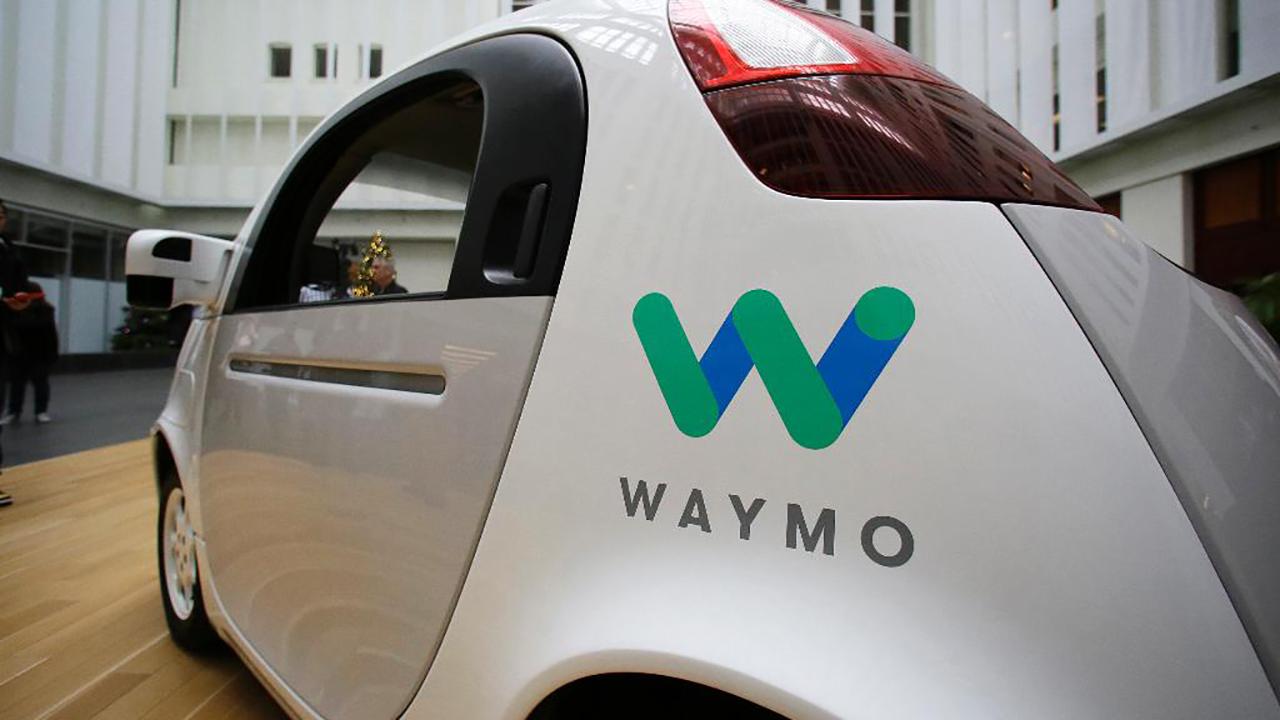How Alphabet's Waymo and other ride-hailing companies are using perks to attract riders
Waymo is trying to attract riders to its self-driving taxis by offering several amenities and perks, according to a new report.
The branch of Alphabet has started offering free Wi-Fi, ad-free music streaming through Google Play Music and child car seats in all its minivans as a way to bring in more customers, Reuters reported.
The self-driving taxi service in Phoenix, Ariz., even keeps its cars at exactly 72 degrees inside.
These amenities and added benefits are a way for the company to show riders that Waymo’s services are different than other ride-hailing services like Uber and Lyft by offering “personalization.”
“Whether you want to catch up on emails or jam out to some of your favorite tunes using our music integration, we encourage riders to make this space their own,” spokeswoman Julianne McGoldrick told the outlet.
Even Waymo has only been transporting passengers in its driverless taxis since December in Phoenix, but it is certainly not the only company focusing on self-driving capabilities. There are more than 60 other companies working toward the same goal.
Though Uber doesn't yet have driverless cars, the company is working on it.
The ride-hailing service recently rolled out new perks for customers in the form of "Uber Comfort."
Passengers with a rating of 4.85 or higher will be able to select the upgrade, which promises "newer, mid-size cars," more legroom, an option to request a preferred car temperature and if they want a quiet ride with no driver conversation "so you can stay comfortable on the road," the company said.
Here's a look at other companies that have driverless cars or are working on self-driving technology.
Waymo, Nissan and Renault
In June, Waymo announced it would be partnering with Nissan Motor Co. and Renault to work on self-driving cars.
The two firms will form a joint venture aimed at launching a self-driving fleet in the carmakers’ home markets of Japan and France, similar to what Waymo has already initiated in the Phoenix suburbs.
Renault and Nissan will also partner with the Google subsidiary on researching commercial, legal and regulatory issues related to self-driving technology. The union could be short-lived, however. In a statement, the companies said it will last for “an initial period” and no additional details were provided.
Aptiv Plc and Lyft
In May 2018, auto company Aptiv Plc released 30 autonomous cars in Las Vegas. Passengers can ride in the cars using the ride-hailing app Lyft.
Lyft and Aptiv run the self-driving BMWs between the same predetermined sites that the companies used during a successful demonstration at the International Consumer Electronics Show in January, the Las Vegas Sun reported at the time.
Tesla
In April, Tesla’s CEO Elon Musk said the company expects to start converting its electric cars into fully self-driving vehicles next year as part of an audacious plan to create a network of robotic taxis to compete against Uber and other ride-hailing services.
Uber
In June, Uber announced that it would work with Volvo Cars to build a vehicle that comes off the assembly line capable of driving autonomously.
The ride-hailing company's self-driving system will be installed in production versions of the Volvo XC90 SUV. The vehicle's steering and braking systems are designed for computer rather than human control, including several backup systems for both steering and braking functions and battery backup power. If the primary systems fail, the backup system will immediately act to bring the car to a stop.
CLICK HERE TO GET THE FOX BUSINESS APP
Various sensors will allow Uber's self-driving system to safely operate and maneuver in urban areas, the company said.
Volvo has also said it plans to use a similar vehicle to introduce its own self-driving cars in the early 2020s.
FOX Business' Joe Williams and The Associated Press contributed to this report.




















